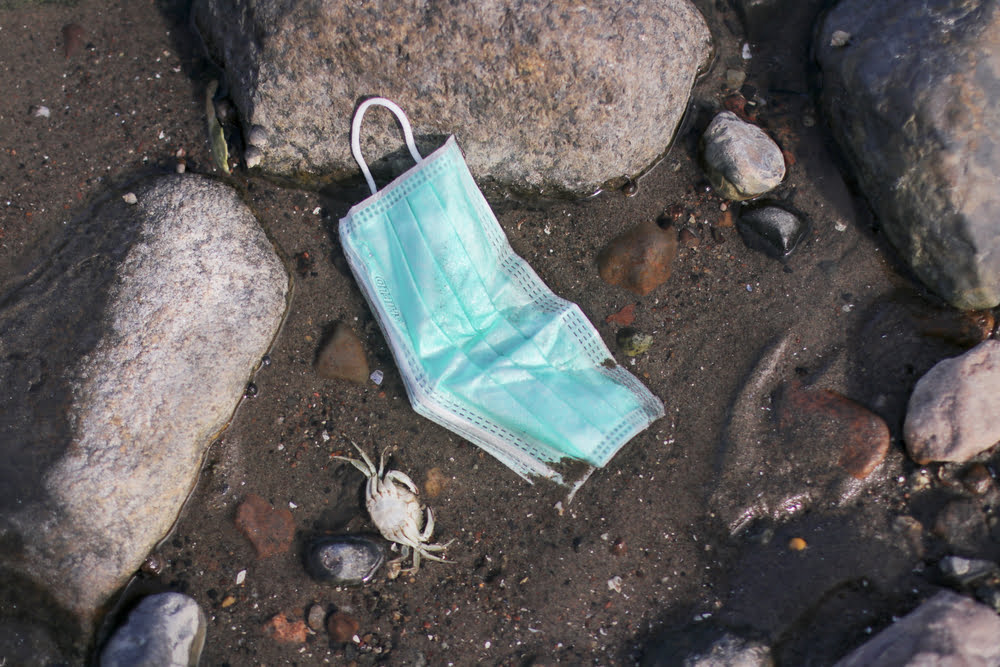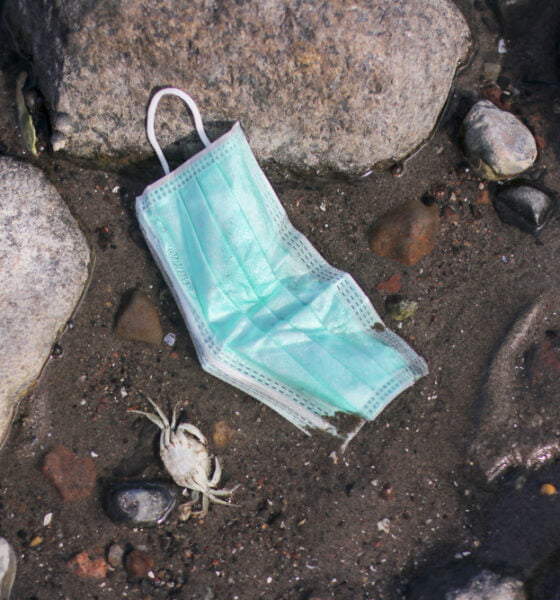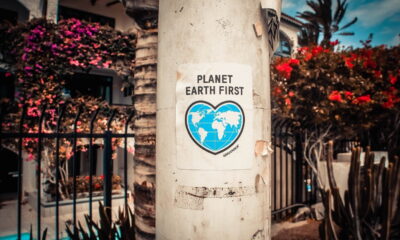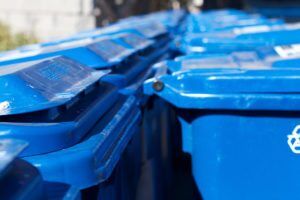

Environment
Minimizing The Environmental Impact of Disposable Masks
The pandemic had a complicated impact on the planet. One study found that it led to a reduced carbon footprint, as fewer people were driving and consuming goods. It even led to a 75% reduction in noise.
However, it also led to some environmental problems as well. One issue was that it led to a number of disposable masks in the landfills. We talked about this problem in this infographic.
The good news is that there are ways to address this environmental concern. Keep reading to learn more.
Dealing with the Environmental Issues Caused by Disposable Masks
Per their description, ‘disposable’ masks may be easy to dispose of in homes and hospitals; however, they are not so easily disposed of by the environment.
Therefore, they cause more harm than good unless they are recycled effectively. This is because the remnants of disposable masks remain planted in nature for tens, and often hundreds of years.
To learn more about the adverse effects of disposable masks on the environment, continue reading ahead!
1) Disposable Masks: A Source of Plastic Pollution
As far back as you can go- perhaps even elementary school, you’ll remember that you always learned that particular objects such as packaging, bottles, and fast food- containers were always leading the plastic pollution waste worldwide. However, since Covid-19 has raided our lives, disposable masks have become the leading cause of plastic pollution.
Before the COVID-19 outbreak, the demand for masks was approximately 89 million per month; however, disposable masks spiked to a whopping 129 billion per month in 2020. Therefore, assuming that 15.5 trillion masks were discarded globally every year during the pandemic, the result was a concerning 2 million tons worth of plastic waste being discarded precariously.
2) Disposable Masks: A Threat to Wildlife
When disposable masks are discarded inappropriately, they end up in natural habitats home to various wildlife. These habitats include beaches, natural reserves, urban areas, and mountains.
The remnants of masks can severely threaten animal life, hindering their mobility and healthy feeding capabilities. However, not only do the remains of masks affect animals physically, they also affect them psychologically and ecotoxicologically.
The plastic remnants of masks are often wrongly assumed to be food by animals, and this causes them to digest micro-plastic, leading to gastrointestinal disorders that can trigger digestive tract bleeding and blockage, ulcers, or perforation. These issues then cause animals to starve and eventually die.
Furthermore, the strings and straps attached to the mask can cause problems when it gets stuck or entangled in an animal’s essential body parts, such as its neck, legs, talon, and beak. When this happens, it may affect an animal’s mobility and may, therefore, cause them to suffocate, drown or die.
3) Disposable Masks: A Threat to Marine Life
As previously discussed, disposable masks are primarily composed of plastic. When disposable masks are discarded without recycling and runoff management, tons of microplastic end up in oceans and other aquatic bodies of water that support marine life.
The statistics indicate that there are currently 5.25 trillion pieces of plastic waste in the ocean, and the rate is only increasing at a concerning rate. These plastics release harmful chemical substances into oceans and other aquatic life. When marine life consumes and absorbs these toxic chemical fumes, they may eventually face a condition known as bioaccumulation, where the body absorbs toxins at a rate far higher than the body’s ability to eliminate them.
Moreover, the suffering of marine life does not end there. Once these harmful toxins have raided their bodies and habitat, they may ignite chronic poisoning, whereby these toxins are passed on through the food chain.
Alternatives To Reduce the Adverse Affects Caused by Disposable Masks
1) Recycle and Repurpose Disposable Masks
One of the leading reasons for the low recycling rate of disposable masks is that disposable masks and other personal protective equipment (PPE) are not easily recycled. Moreover, they are also more costly than other forms of recycling.
Due to this, many of your local waste management services may not yet offer a service to collect and recycle such medical equipment.
However, TerraCycle is well-known for its ability to recycle challenging materials. Therefore, it is no surprise that they offer mask waste management services through the Fisher Scientific channel.
It works because various institutions such as schools and colleges purchase the TerraCycle disposable masks zero waste box, designed for collecting and recycling masks and placing them within their institution. Once this box is full of mask waste, it is shipped back to TerraCycle for recycling and processing into new materials.
Moreover, you can search for tutorials on how to DIY repurpose your disposable masks. This will ensure that components that may have become pollutants will not be used efficiently elsewhere without causing harm to the environment.
2) Switch to Reusable Masks
One very effective way to reduce pollution with disposable masks is to switch to using a reusable N95 mask, which will mean lower disposals of masks and, hence, lower pollution caused by them.
If you purchase a reusable mask with a top-quality filter, you will ensure that your mask’s product lifetime is extended. Therefore, you can use it longer, reducing the demand for disposable masks that create daily pollution.
Furthermore, reusable N95 masks provide better protection than everyday disposable masks. This is due to their filters and ability to offer fit checks whenever worn by conducting positive or negative pressure seal checks.
Conclusion
Although the worst of COVID-19 has passed, it has left a trend of donning disposable masks for various medical conditions. However, it is essential to know that the improper usage of these masks is causing more harm than good to the environment.
It is essential to realise that every person can make a difference, whether on a large or small scale, and they must work to find ways to offer solutions. People can help reduce waste produced by disposable masks by sewing or making their own masks at a small cost.




























